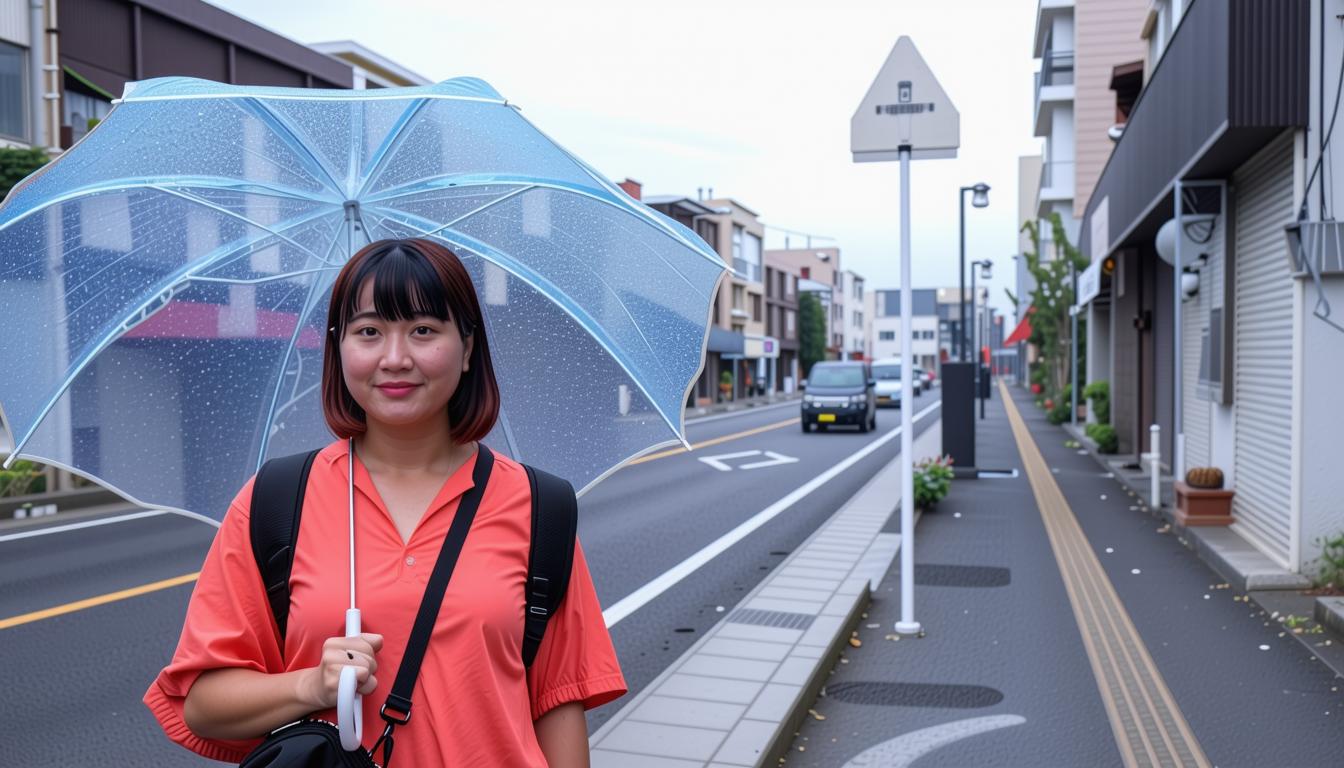Exploring Tradition and Gender Roles in Akita’s Kanto Festival

Anthony Kuhn/NPR
Families globally are opting for fewer children, reshaping societal norms. NPR’s series Population Shift: How Smaller Families Are Changing the World delves into this phenomenon.
The Kanto Tradition: A Symbol of Strength and Culture
In Akita, Japan, young men don traditional attire to balance towering bamboo poles adorned with lanterns. This event, known as kanto, is a unique blend of ritual, celebration, and competition, deeply rooted in the region’s heritage.
Historically, only men are permitted to handle the poles, while women contribute by playing musical instruments. This division is influenced by Shinto beliefs regarding purity in religious practices.
Some women, like college student Mayaka Ogawa, accept these roles as cultural norms, stating, “Tradition and religion are hard to contest.”
Demographic Challenges in Akita
Akita faces significant demographic hurdles, with an aging population and declining birth rates. In 2024, 39% of its residents were over 65, the highest in Japan. Gender inequality exacerbates these issues, particularly in rural areas.

Anthony Kuhn/NPR
Gender Inequality Drives Migration
A recent government report highlights that 27% of young women wish to leave their rural homes, compared to 15% of men. The pursuit of better job prospects and education often leads them to urban areas.
Chuo University sociologist Masahiro Yamada notes, “Women are often stuck in temporary roles, while men advance. This disparity pushes women to seek opportunities in cities like Tokyo.”
Despite the historic appointment of Sanae Takaichi as Japan’s first female prime minister, traditional gender roles remain prevalent.
Efforts to Amplify Women’s Voices
Some women, like Ren Yamamoto, are determined to make a difference. She conducted 100 interviews with rural women and launched a YouTube channel to share their stories.

Anthony Kuhn/NPR
Yamamoto’s project gained attention, leading to a meeting with then-Prime Minister Shigeru Ishiba. She emphasized the need for policies that recognize women’s autonomy beyond traditional roles.
Government Initiatives and Challenges
Japan’s government acknowledges the link between gender equality and declining birth rates. Various initiatives aim to address these issues, including matchmaking services in cities like Tokyo and Akita.
However, some women, like Mayaka Ogawa, criticize these efforts, arguing that they undermine women’s independence.
Efforts to promote gender equality continue, but progress is slow. Naoko Tani, director of the Akita Prefectural Central Gender Equality Center, notes the persistent challenges despite widespread efforts.

Anthony Kuhn/NPR
Facing Uncertainty and Change
Many women in Akita experience a sense of unease, known as moya moya, due to societal expectations. Tani shares that understanding gender dynamics helped her find clarity.
For some, the solution is to leave. High school student Yukina Oguma plans to study elsewhere, expressing a desire to escape traditional expectations.
Others, like college student Miwa Sawano, believe that change will only come when the impact of depopulation becomes undeniable.
Chie Kobayashi contributed to this report from Tokyo, Yamanashi, and Akita Prefectures.
